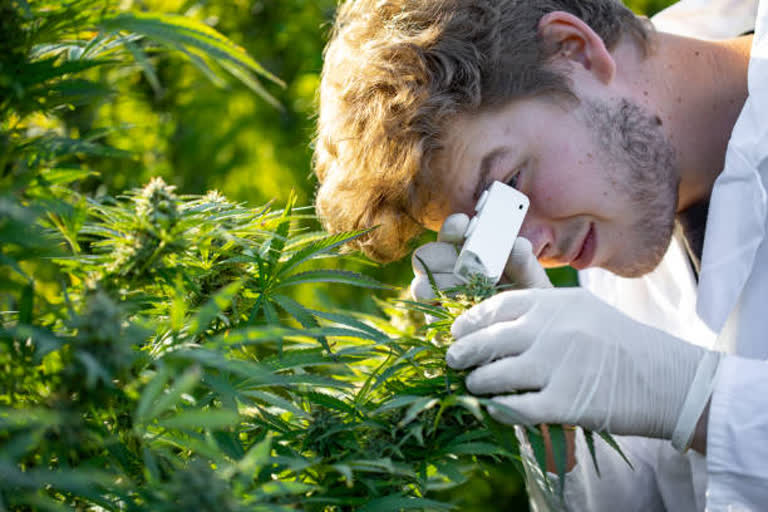Melbourne: Therapy is turning to drugs previously known for being illicit party substances. But there's no reason to abandon proper trials. A range of new therapies for mental illness were previously considered unthinkable party drugs including ketamine, medicinal cannabis and psychedelics like MDMA, psilocybin and DMT. With mental health disorders a growing cause of disability in our communities, the need is acute. But the question is whether the desire for new approaches will see shortcuts from the usual process of trialling and regulating drugs.
All medicines require careful examination of efficacy and safety prior to being used publicly. A healthy balance between caution and need can avoid missing important opportunities for new treatments. A process that enables scientists to investigate medicines safely needs a structured approach supported by research bodies and national regulators to allow for the development of new therapies whilst safeguarding patients.
Typically this process involves multiple phases of clinical trials before wide release. These trials will initially demonstrate safety, establish efficacy, dosing and place in therapy. All trials will need ethical approval, informed consent and independent analysis before regulators would consider broad approval. Early consultation between researchers and regulators may be useful in establishing what trials are needed to establish the appropriate place in therapy and safety. Party drugs have been around for decades, and some psychedelics have been around for centuries - they are not new. But their use in clinical practice is. As therapy, they still require evaluation with clear ethical frameworks and standard research practice.
Each of these new therapies has a proposed rationale for its utility. Ketamine and its molecular sister esketamine increase the effect of glutamate, the most widespread natural chemical stimulant in the brain. Cannabis binds to a series of receptors for its active ingredients, tetrahydrocannabinol and cannabidiol existent in the brain. Psychedelics are known to act on multiple brain chemistry systems which can create altered states of the mind. In psychotherapy, this has been harnessed to achieve mental breakthroughs.
The availability of medicinal cannabis is an example of the need for careful evaluation before releasing to the open market. Medicinal cannabis has become more widely available based on evidence supporting its use in chronic pain and some forms of severe epilepsy. But it has also been touted as a treatment for a range of mental health conditions despite little quality evidence.
Careful research is beginning to show that cannabidiol, one of the components of cannabis, may have benefits for anxiety. But the production of medicinal cannabis in Australia, and its regulation, are inconsistent. It appears not to be subject to the same regulations of promotion as traditional medicines produced by large pharmaceutical companies and must abide by strict national regulations, particularly on claims of its medicinal benefits.
Also read:Anti-cancer drugs, anti-infectives added to National List of Essential Medicines
